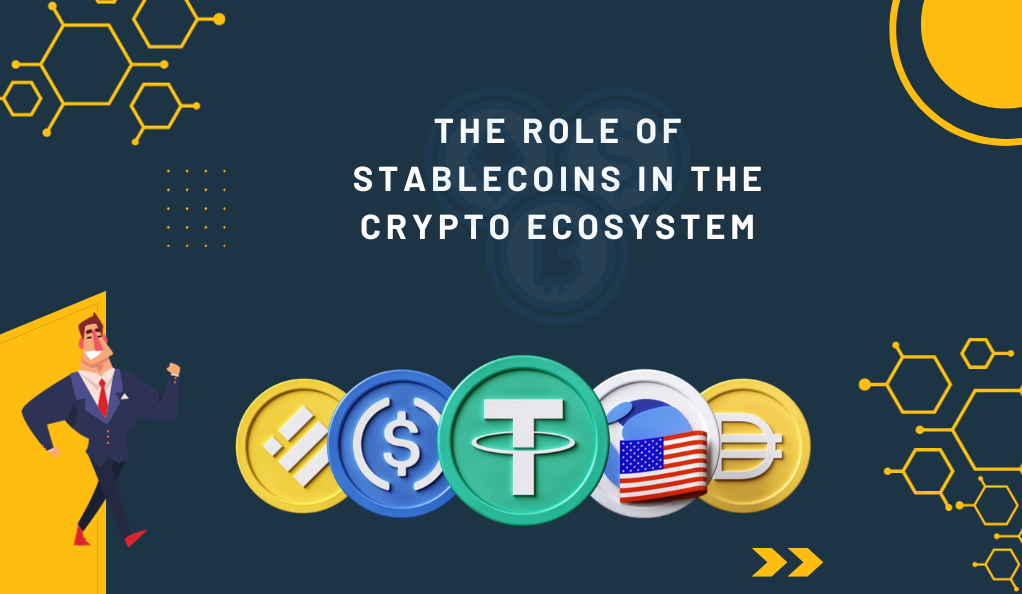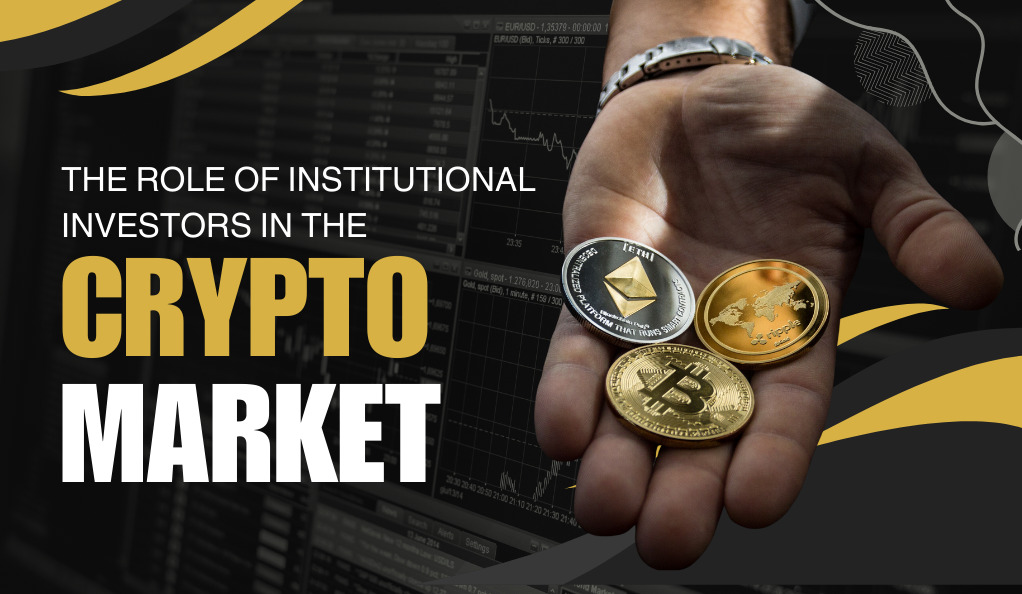As the digital age propels industries into new frontiers, blockchain technology emerges as a beacon in the financial sector. Its potential to revolutionize the way we view and handle financial transactions is undeniable. Yet, the integration of this technology into the global financial framework is a journey filled with both promise and complexity.
The Revolutionary Nature of Blockchain:
Blockchain, often associated with cryptocurrencies like Bitcoin and Ethereum, is fundamentally a decentralized ledger system. This innovative approach to recording transactions offers unparalleled transparency and trust. Every transaction made on the blockchain is recorded in a way that’s accessible to all its participants. This openness not only ensures transparency but also fosters trust among its users.
Moreover, the security features inherent in blockchain are noteworthy. Once a transaction is approved, it’s encrypted and linked to the preceding transaction. This chain of transactions makes any form of tampering or unauthorized changes extremely challenging, ensuring the integrity of the data.
Additionally, the decentralized nature of blockchain can lead to significant cost reductions in the financial sector. By eliminating intermediaries and the need for third-party verifications, blockchain has the potential to streamline processes and cut down transaction costs.
Challenges on the Horizon:

However, the road to blockchain’s widespread adoption isn’t without its obstacles. One of the primary concerns revolves around regulation. The global financial system operates within a set of well-defined regulatory frameworks, and the decentralized essence of blockchain raises questions about its fit within these existing structures.
Scalability is another concern. As blockchain garners more users and sees increased activity, there are valid apprehensions about its capacity to manage this growth without compromising on transaction speed or security.
Furthermore, the public’s perception of blockchain, often intertwined with the volatile nature of cryptocurrencies, can pose challenges to its broader acceptance in mainstream finance.
The Evolving Landscape:
The financial world is abuzz with the possibilities that blockchain presents. Numerous pilot projects are underway, with both fledgling tech startups and stalwart financial institutions at the helm. These initiatives are not just about testing the practical applications of blockchain in finance but also about educating the public. By dispelling myths and showcasing the benefits of blockchain beyond just cryptocurrencies, there’s hope for wider acceptance and understanding.
Expert Opinions and Forecasts:
Leading voices in finance and technology are optimistic about blockchain’s role in the future. They foresee a landscape where the technology, as it matures and evolves, becomes an indispensable part of the financial ecosystem. Collaboration is often highlighted as the key, with tech developers, financial institutions, and regulators working in tandem to ensure a seamless and secure integration of blockchain.
Conclusion:
Blockchain’s journey in the realm of global finance is a captivating one, marked by potential, innovation, and the challenges that trailblazing change often brings. As developments unfold, the financial world stands at the cusp of a transformation that could redefine its very foundations.





